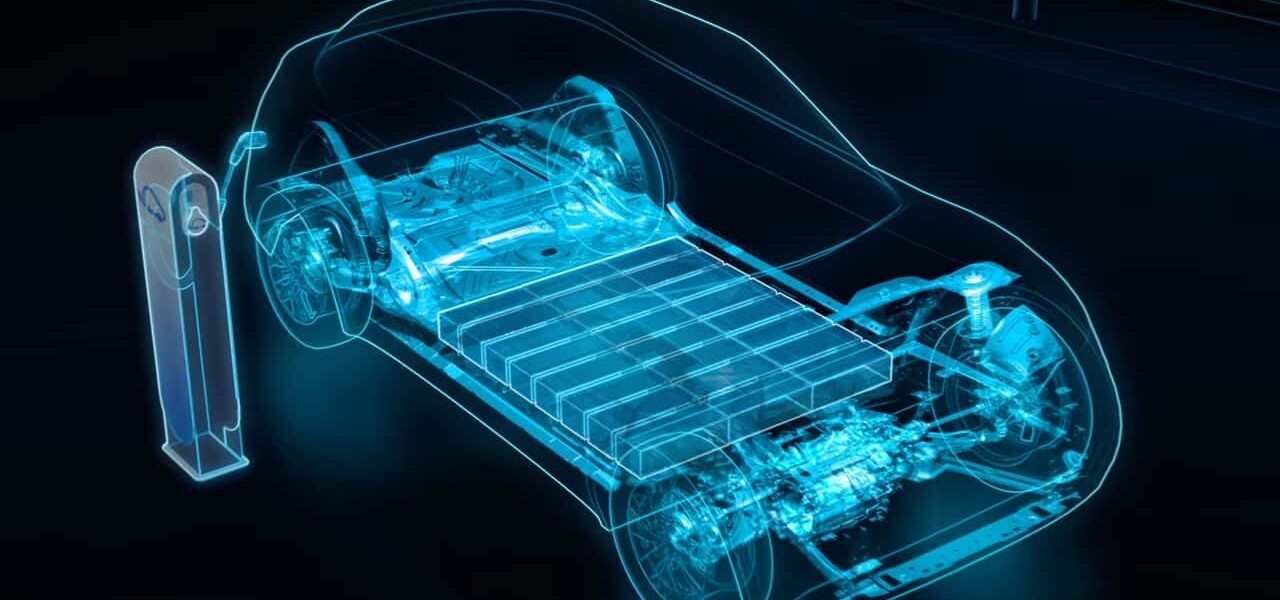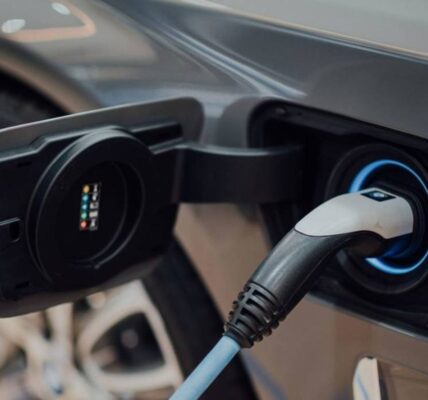Stellantis, the parent company of Ram, Jeep, Dodge and Chrysler is trying to make EV batteries, like the one to power the 2025 Ram 1500 REV, more affordable and sustainable in the long run. Stellantis is investing in a French company called Tiamat that is developing batteries using sodium-ion technology rather than rare earth metals. The company says sodium-ion batteries could lower costs, and increase sustainability. Research shows that the batteries could function better in low-temperatures and allow faster charging.
Sodium-ion technology offers a lower cost per kilowatt-hour and the batteries don’t use lithium and cobalt. Sodium is plentiful and if the batteries are successful, Stellantis could avoid paying for the rare lithium and cobalt metals that are primarily mined in Asian countries. Tiamat is the first company to commercialize sodium-ion technology for batteries.
“Exploring new options for more sustainable and affordable batteries that use widely available raw materials is a key part of our ambitions of the Dare Forward 2030 strategic plan, which will see us reach carbon net zero by 2038,” said Ned Curic, Stellantis chief engineering and technology officer. “Our customers are asking for emissions-free vehicles that offer a combination of robust driving range, performance and affordability. This is our North Star, as Stellantis and its partners work today to develop ground-breaking technologies for the future.”
Switching to EVs Worldwide
Stellantis says that shifting to electric vehicles is a key pillar of the Dare Forward 2030 strategic plan. It includes reaching a 100% passenger car battery electric-vehicle (BEV) sales mix in Europe and 50% passenger car and light-duty truck BEV sales mix in the United States by 2030. To achieve these sales targets, Stellantis is securing approximately 400 GWh of battery capacity. Stellantis is on track to become a carbon net zero corporation by 2038.
Supporting that ambition, Stellantis has secured supplies of EV raw materials through 2027 by signing key agreements around the world. Stellantis is also investing in the development of alternative technologies for energy storage, including solid-state batteries with Factorial Energy, lithium-sulfur chemistry with Lyten Inc. and sodium-ion with Tiamat.
Tiamat is a spin-off of the French National Centre for Scientific Research. The company will first build a sodium-ion battery plant in France for power tools and stationary storage applications. Next the company plans to scale-up production of second-generation products for BEV applications. Obviously, development of the sodium-ion batteries to power vehicles is still years away. Ram hopes to debut its Ram 1500 REV as a 2025 model.








